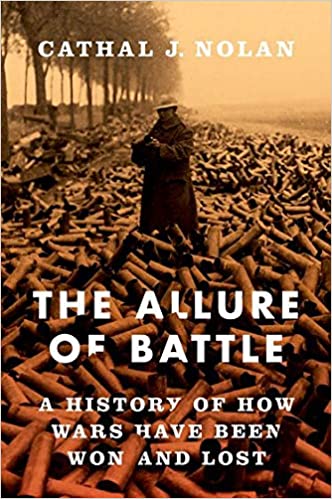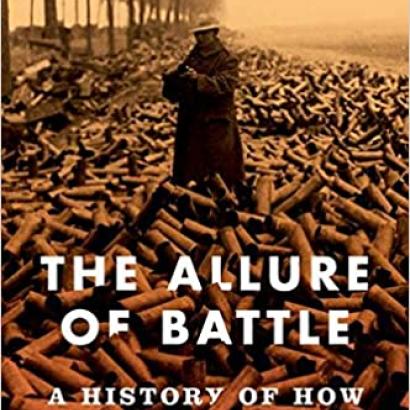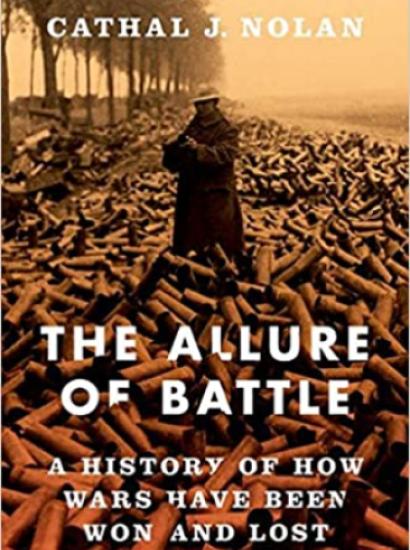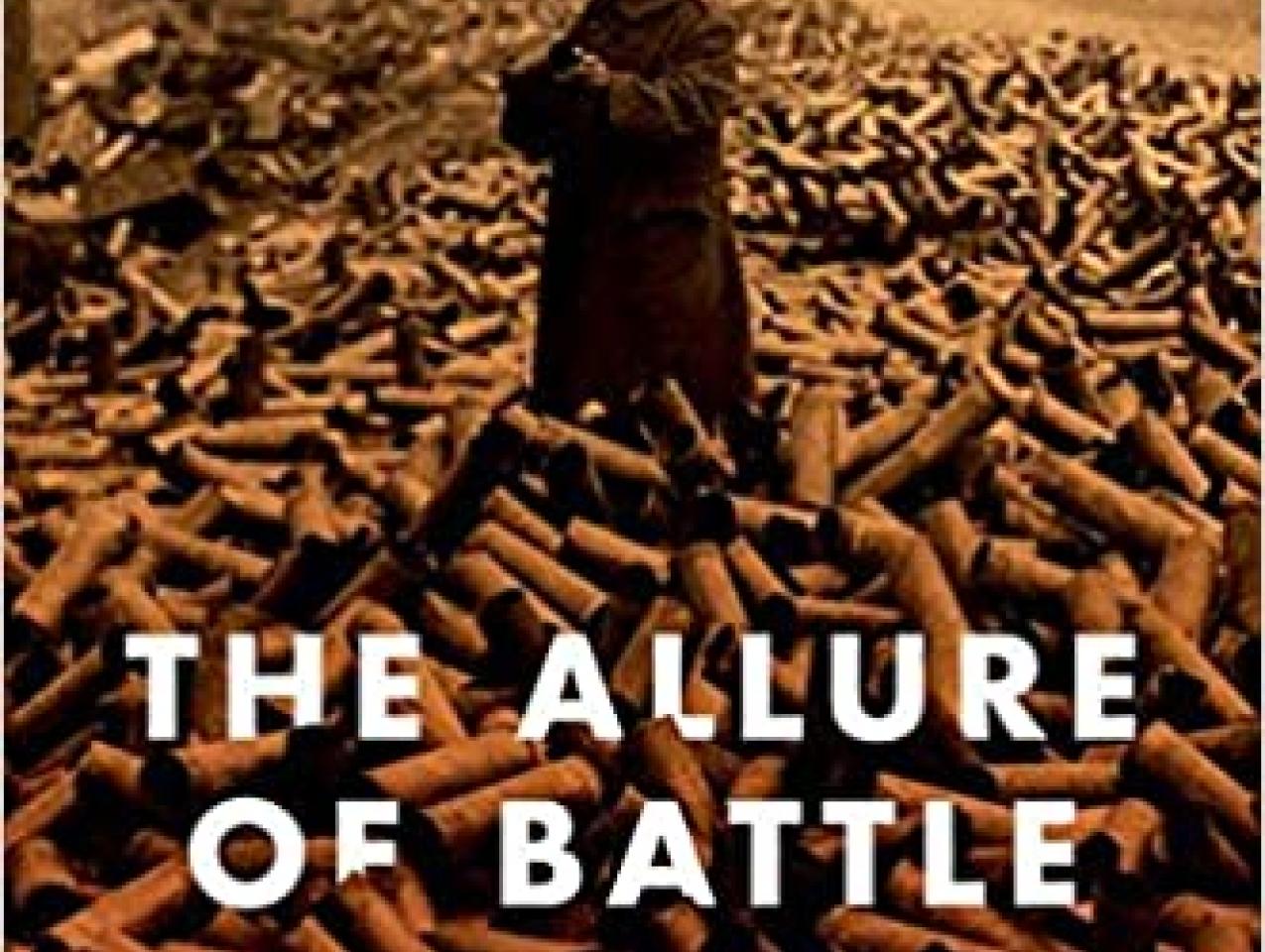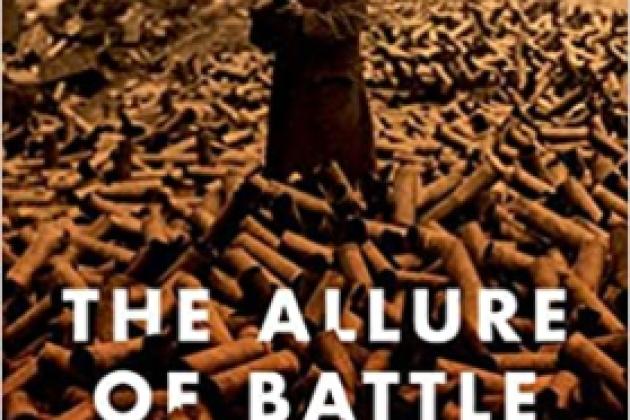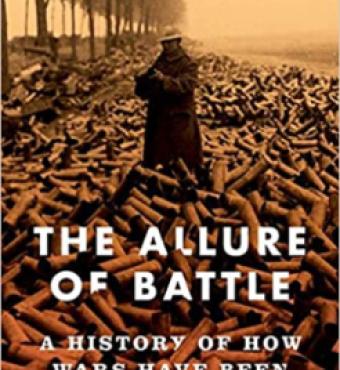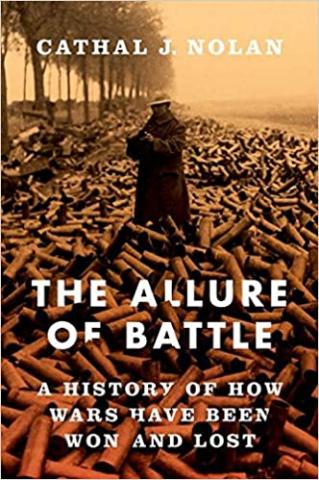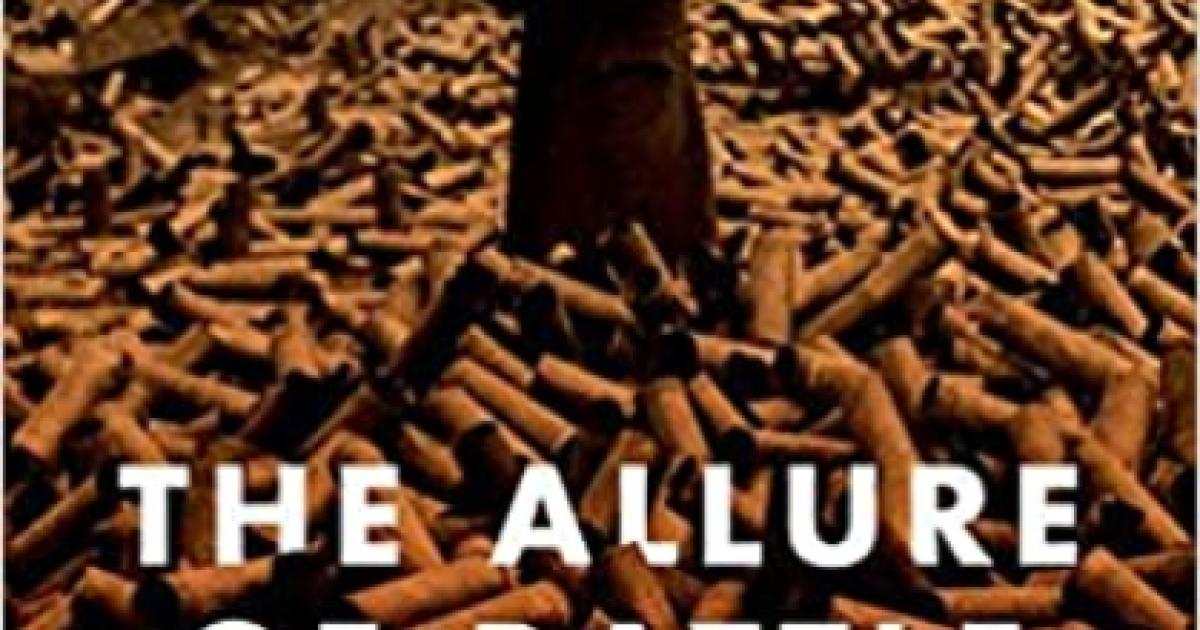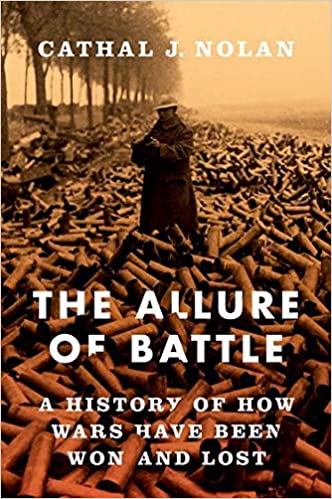- History
- Military
Cathal Nolan’s book is subtitled “A History of How Wars Have Been Won and Lost,” and it essentially argues that Carl von Clausewitz was entirely wrong when he stated that “Battles decide everything.” By total contrast, Nolan, the Director of the International History Institute at Boston University, argues that in fact battles have decided very little in the history of warfare, including supposedly “decisive” ones. Indeed, Nolan takes issue with the idea of there even being such a thing as a decisive battle. Instead of Clausewitz, Nolan cleaves much closer to the sense behind the remark of Joseph Stalin in 1941 that “Modern war is a war of motors. The war will be won by whichever side produces the most motors.” For Nolan, it is materiel, economics, and “long-war” stamina that wins wars rather than what happens on the battlefield.
As one might expect for such a controversial thesis, Nolan supports his proposition with remarkable erudition across a very broad historical and geographical canvas, from the “infantry revolution” in Europe in the fourteenth century up the end of World War II, and includes fighting on land, at sea, and in the air. “No battle may be fairly said to have decided the outcome of a war,” he avers, although he admits that some battles, such as Frederick the Great’s victories at Lützen and Breitenfeld, probably changed the course of the Seven Years War.
Some of Nolan’s descriptions of battles, such as that of Marignano in 1515, are excellent, and his overarching thesis is clearly the product of deep thought on the issue over many years. The book won the Lehrman Institute Prize for Military History for its scholarship and readability, but only time will tell if its central argument—that battles don’t matter in the wider contexts of warfare—will be adopted as generally correct. Nolan points out how battles, and especially defeats, can stimulate nations to produce more war materiel and recruits that ultimately win wars, and gives plenty of examples across six centuries of every kind of warfare to support his case.
“We are encircled;” Nolan writes in explanation of much of German nineteenth- and twentieth-century military thought, “we must attack, break the iron ring of our enemies to gain security.” He goes on to explain how “In most cases, early success would lead to hubris and long-war catastrophe, as opposing coalitions formed in direct response to aggressive provocation. It is one of history’s earliest tales, frequently forgotten and therefore too often relived in new storms of blood and steel.”







